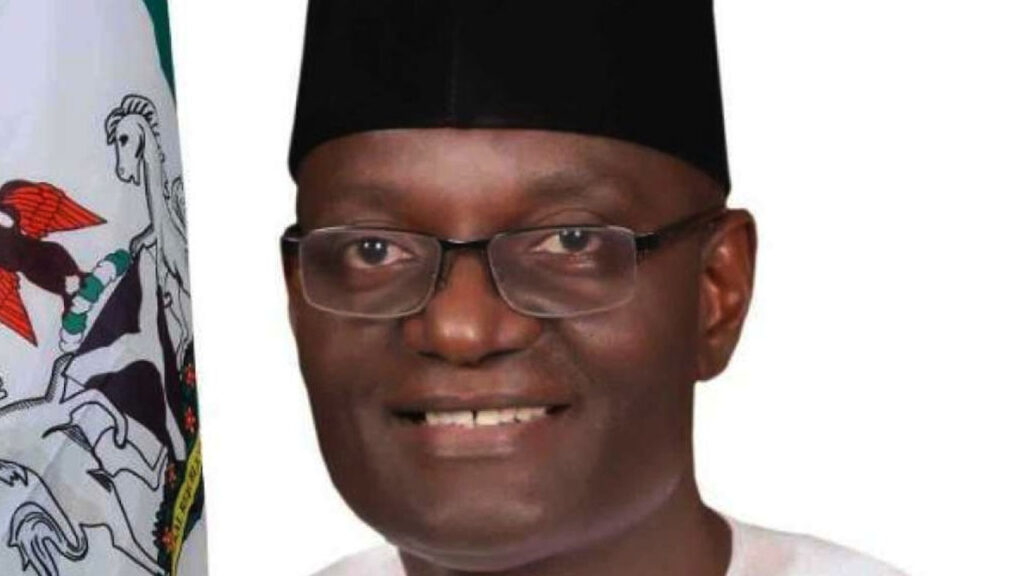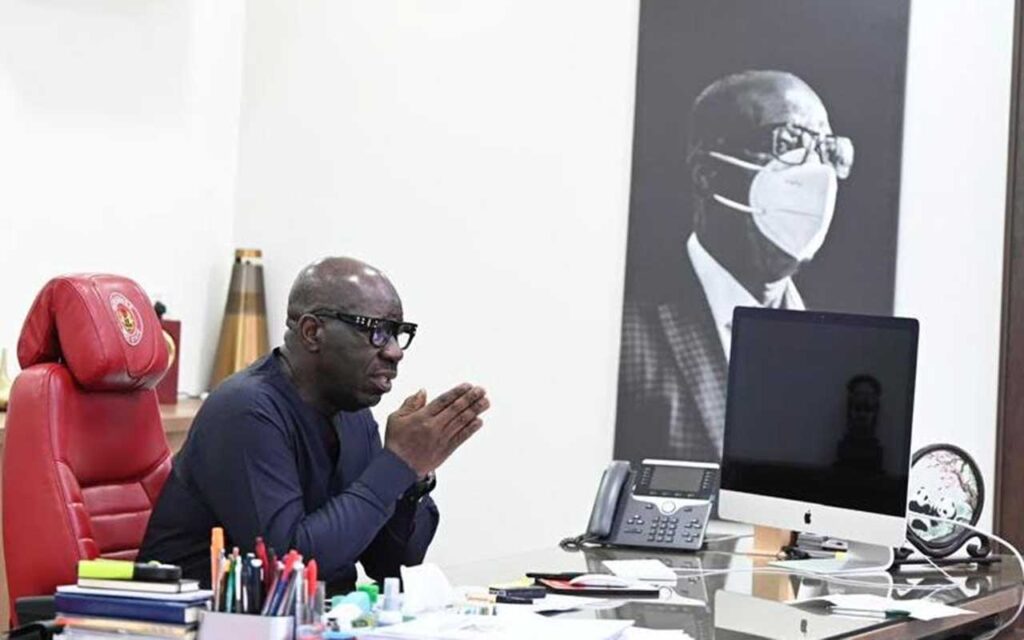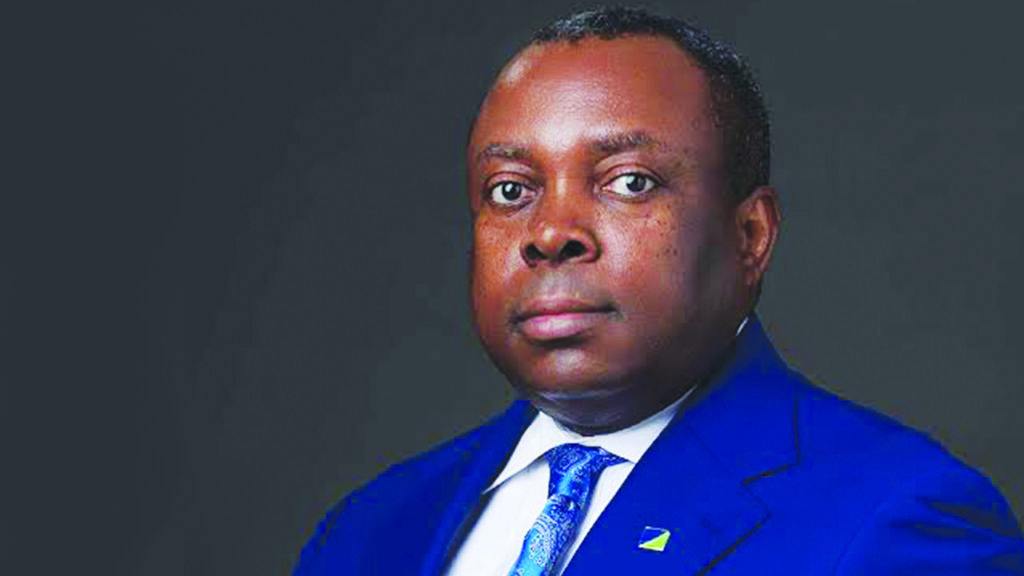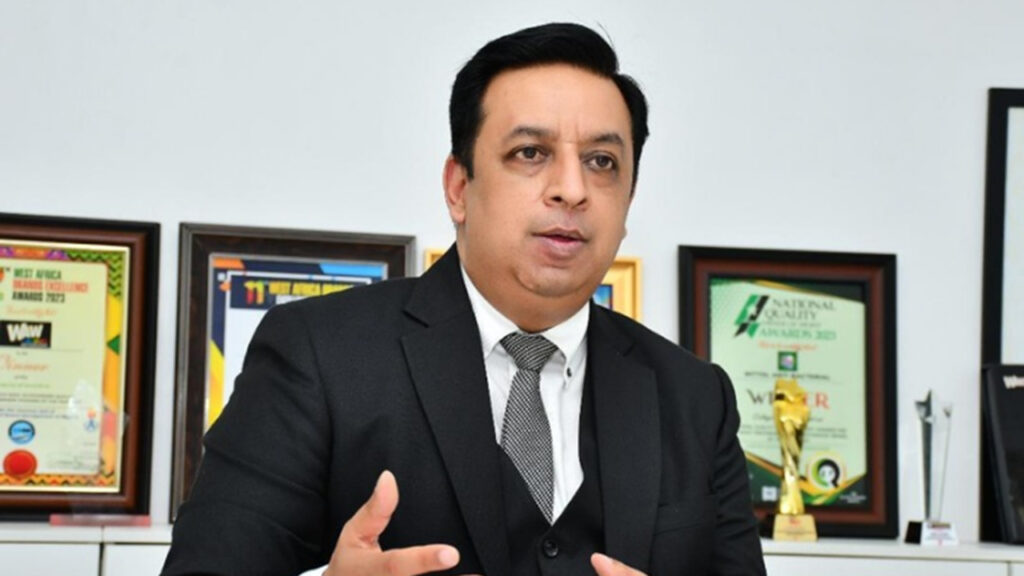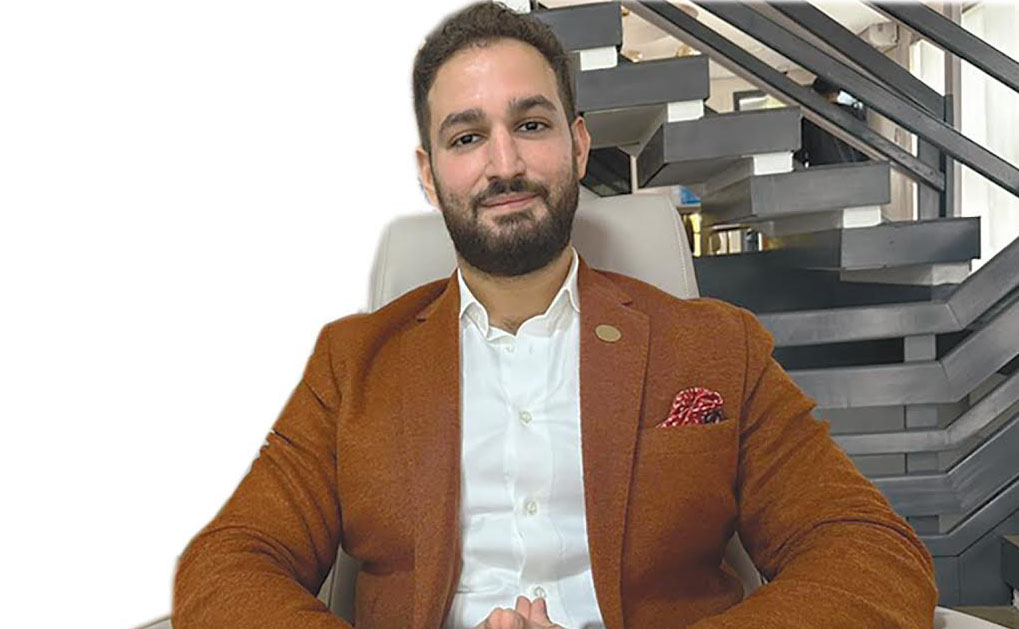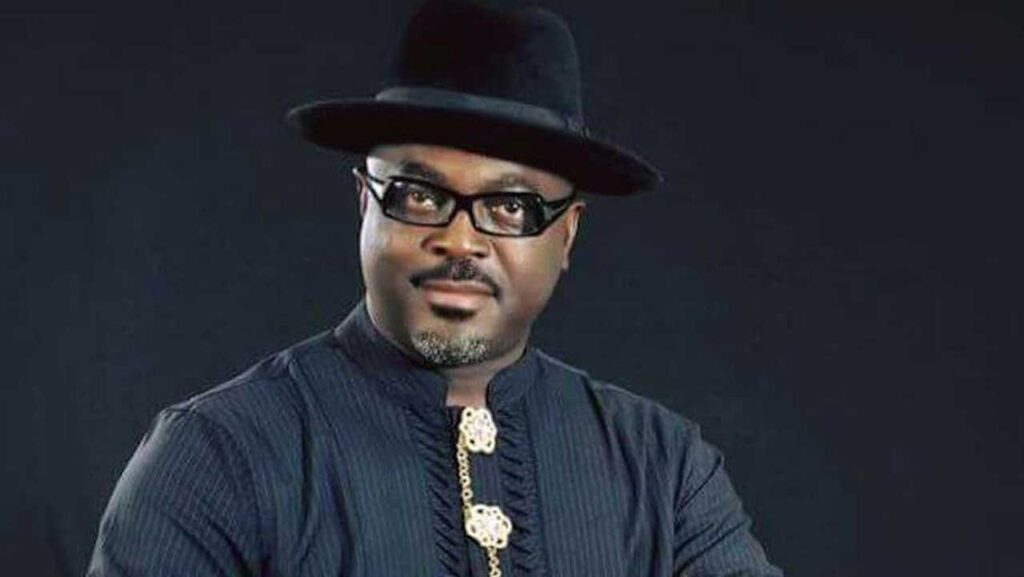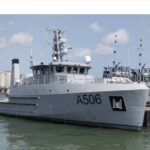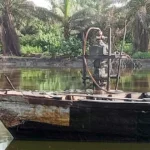
As the nation’s ports industry awaits the deployment of the Cargo Tracking Note (CTN), the Executive Secretary of the Nigerian Shippers’ Council (NSC), Emmanuel Jime, spoke with journalists on the immense promise that the technology holds as far as addressing the problems of crude oil theft and fraudulent practices at the nation’s ports is concerned. Jime also spoke on the status of the planned ports community system, among other issues. ONYEDIKA AGBEDO was there.
How would you describe the level of efficiency so far achieved in the ports under your watch considering the fact that the NSC was established to ensure efficiency in the system?
Not too long ago, the Federal Government established for us, through the Nigerian Ports Process Manual (NPPM), a regulatory framework with which the ports system should be regulated. The NPPM is a harmonisation of the Standard Operating Procedures (SOPs) that were operated by different entities, but which have now been brought together as one document after all parties arrived at a consensus. This is the document that will guide how we function here.
To implement this, there was the establishment of the Ports Standing Task Team (PSTT). Both the NPPM implementation and its oversight by the PSTT are led by the NSC. Of course, these are inter-agencies platforms, but basically, the NSC is driving them.
Today, we are happy to report that the average turnaround time in our ports has reduced due to the activities of the PSTT, which has ensured, following the strict provisions of the NPPM guidelines, that there is joint boarding of vessels for instance. There is also a joint examination of cargo. In the ports, we had different agencies of government that took their time and also decided in their space whenever they would perform a function. This is no longer the case. We believe that if you save time in the manner in which the conduct of cargo examination is done; if you save time in the manner in which you board the vessels that have berthed in our waters, a tremendous amount of efficiency would be brought to bear in the manner that we conduct business in the ports.
So, I am happy that we have been given the tools through this particular document. Don’t forget the PSTT under our leadership has also extended its activities to cover access to the ports. We all remember many years ago the gridlock that occasioned access into the ports, whether it had to do with trucks coming in, or containers littering the entire landscape of the ports. Now there is sanity; some level of order is beginning to develop and we can only continue on that pathway because it guarantees that we can be more sustainable in the way we are ensuring quality service delivery in our ports.
Last year, the Council cried out that the lives of PSTT operatives were threatened as a result of their activities at the ports. What is the situation now?
Not much has changed. The threats and the challenges are still there. But what has also happened is that there is doggedness and a firm commitment to deliver on PSTT’s mandate. The leadership of the PSTT under the gentleman we all call the Star Boy of the NSC, Moses Fadipe, is exemplary in their conduct. There is nothing that has not been thrown in their way to interfere and interrupt their ability to work. They have resisted every temptation and provocation.
Let me use this platform to also commend some of the stakeholders who are part of this team, particularly the Nigeria Police Force, the Nigeria Customs Service, the Federal Road Safety Commission, and other agencies of government that have collaborated, and supported the team in its work. The harder the challenges, the harder we are fighting back to ensure that we will continue to support the work of the PSTT. It is something that we will continue to support because their success is leading to the delivery of an environment that guarantees more sustainable and quality service delivery in our ports’ system.
The NSC is organising a port community system that is in the form of what obtains in other global maritime settings. How far has the council gone in this project?
What happened was that at the beginning, the former Minister of Transport, Alhaji Muazu Sambo, rightly identified that whatever we needed to do to further enhance the quality of services in our ports should be handled by the ports’ economic regulator. That was the framework with which he came to that decision. But by the time we could start, it became somehow clear that the NPA that had been given the responsibility earlier had taken it to an extent for which our taking over would have created an encumbrance of their ability to execute it.
So, the Minister called both agencies, the NPA and NSC, and asked us to work together in ensuring that outlined objectives were achieved. And of course, we found that to be a very useful strategy.
Part of the challenge that we’ve had in the industry over time has been this unnecessary inter-agency rivalry. Sometimes, it gives the impression that we are working at cross-purposes. But I think that the more united we are, and the more we synergise as agencies of government the better it would be for all and sundry. So, the long and short of it is that we ended up not taking over completely as the minister directed because in his wisdom, upon interactions with other agencies, he concluded that the NPA’s work was not unduly interrupted. So, we should simply support and ensure the delivery of such an important tool – the port community system.
In other words, did you just contribute your input to the NPA on this?
Yes. We not only give our input, but we are also making sure that our personnel are also involved in the process by working hand-in-hand with the NPA on the matter.
Do you want to talk about the level they have gone so far?
You know there were processes. One of them was the procurement of the platform and the consultants that will be managing this. The NPA had passed that stage. What was left was just deploying the technology. That is very much where we are.
We are aware of the efforts being made by the Federal Government to reintroduce the Cargo Tracking Note (CTN), which will be supervised by your council as the ports’ economic regulator. Shed some light on benefits that would accrue to the industry and the country from this.
CTN is a very useful tool in several ways. First, let me just mention technology. We all know that part of the problem of this nation is the proliferation of small arms, and how they find their way into our shores. Let me state that some of them come through our ports. Also, we have to remember that our borders, in most cases, are porous. But you can drastically reduce the capacity and ability of people with bad intentions from accessing our country with this.
Let’s be clear; CTN will help this country to identify what is contained in cargo from a port of origin to any port of destination in Nigeria and throughout the course of its journey. What that does is that it helps our security apparatus to know exactly what the contents of the ship are from where that ship is to set sail from, that is the port of origin. In other words, if for some reason you take off from that particular port and decide to divert to some places with the intent of changing or tampering with the contents of the vessel, the tracking device can give us every detail so that we can keep track of everything. That will then allow us to alert our security agencies of exactly what every ship is carrying so that it can be apprehended as soon as it comes into our waters.
From the tools that are available from this particular CTN, we are also looking at the possibility of identifying the movement of crude from our ports to different destinations worldwide. Part of the problem again as you know is that crude theft has constituted a big obstacle in our ability to sufficiently get the revenue that is due to our coffers. Again, we now have a tool that will be available, which will enable our security agencies to know from the beginning that there is a particular activity that is being undertaken in our waters. If we can at least substantially reduce the incidence of such occurrences, whether it is the area of small arms finding their way into our nation, or the theft of our crude, that I think is substantial.
There is also the incidence of under-declaration, which over time has been part of the challenge that we have. Imagine bringing in quantity or certain kinds of goods or maybe contraband and then pretending that what is in the vessel is different from what was seen. I know that people can argue that with scanners in our ports that will be substantially reduced. But we are talking of our ability to identify it and stop it from the point when the ship has left its port of origin in any part of the world and is heading into our waters.
So, in sum, we are talking about the efficiency of our services; we are talking about cargo clearance; we are talking about delays that amount to substantial demurrages. Before a ship leaves its port of origin, the manifest and every identification that is needed is supplied to us ahead of time, in some cases even two weeks or three weeks before that ship comes into our water. So, the clearance can proceed while the vessel is still sailing. By the time the ship finally arrives, all you need to do is simply walk in and clear the goods that are onboard. That will enable the efficiency that we have been looking for in an even much better way that we operate at the moment. So, these are some of the advantages of CTN I can remember now.
How has the Council been able to carry stakeholders along in the project in terms of awareness creation considering their opposition when it was introduced under the NPA?
First and foremost, this whole thing is being delivered in stages. As I speak with you, we have not concluded the process of getting the consortium that will deliver on the platform. We are in a working process. We were hopeful that by now, we would have been done with that aspect, but we are not done with it yet. Once we are done with the paperwork and the processes are concluded, the sensitisation will start. We need to be sure that we are already at the point of delivery before we can have cause to engage stakeholders. But we have gone ahead to start the discussion.
Recently, the leadership of the Manufacturers Association of Nigeria (MAN) came here on a courtesy visit. And by the way, MAN has always had a representative in the governing board of the NSC. So, they came here to pay us a courtesy visit and it was part of the engagement because we already started having discussions, which I believe is the most important thing that the shipping community wants to be aware of.
Every attempt must be made to ensure that the deployment of cargo tracking notes does not unnecessarily add to the cost of doing business. That I believe is in the interest of everyone. It is the responsibility of the NSC to make sure that the cost of doing business in our waters is reduced to the barest minimum. That is part of our core responsibilities as a council. What I know is that at the moment, there is a substantial fraction of the administrative cost that will be embedded in the cost of freight. So, it is not going to be something that will be new to the extent that we bring in additional funding.
Again, let’s make no mistake about it. Part of the reason I think there was this fight in the past was that the whole concept of the CTN was delivered as if revenue generation was the main objective. So, if you make it a revenue-generation effort, then honestly it is going to impact the cost of doing business.
This is the reason that the shipping community will always not be comfortable with it. But there is going to be as little administrative cost as possible. And when we balance it side by side with the advantages that come in terms of how it will impact the Nigerian economy, I believe that people will be more willing to give it a chance. Of course, we do have a responsibility in the times ahead. We will be engaging more and more with the shipping community to be able to explain very clearly, what this is all about.

